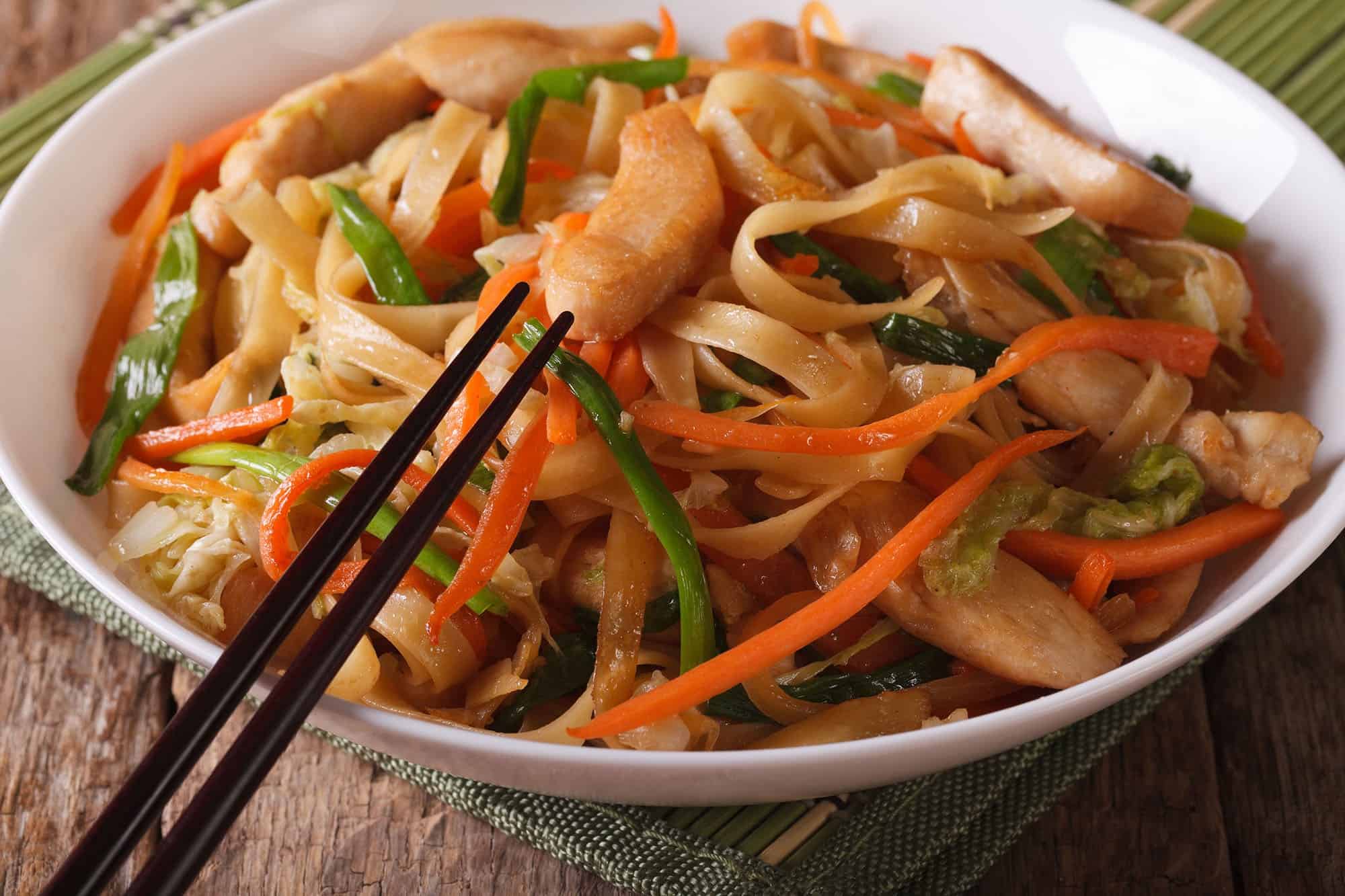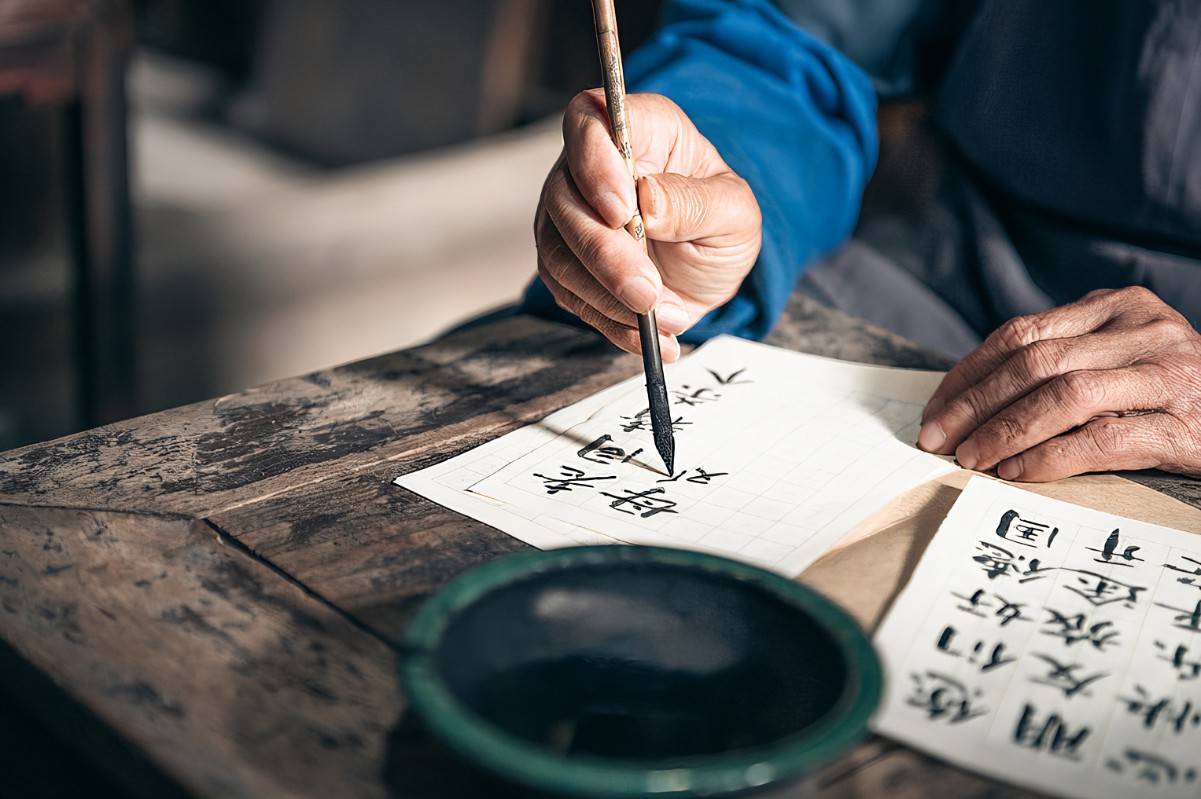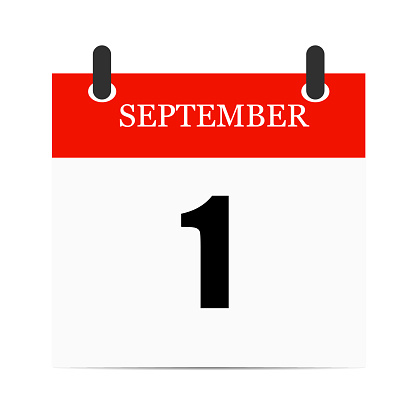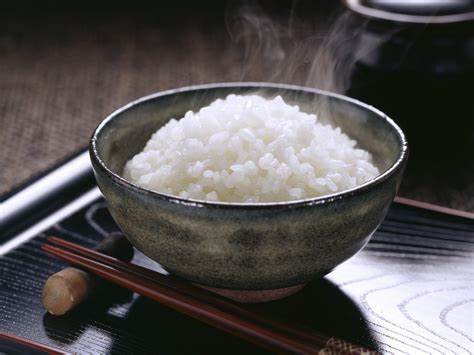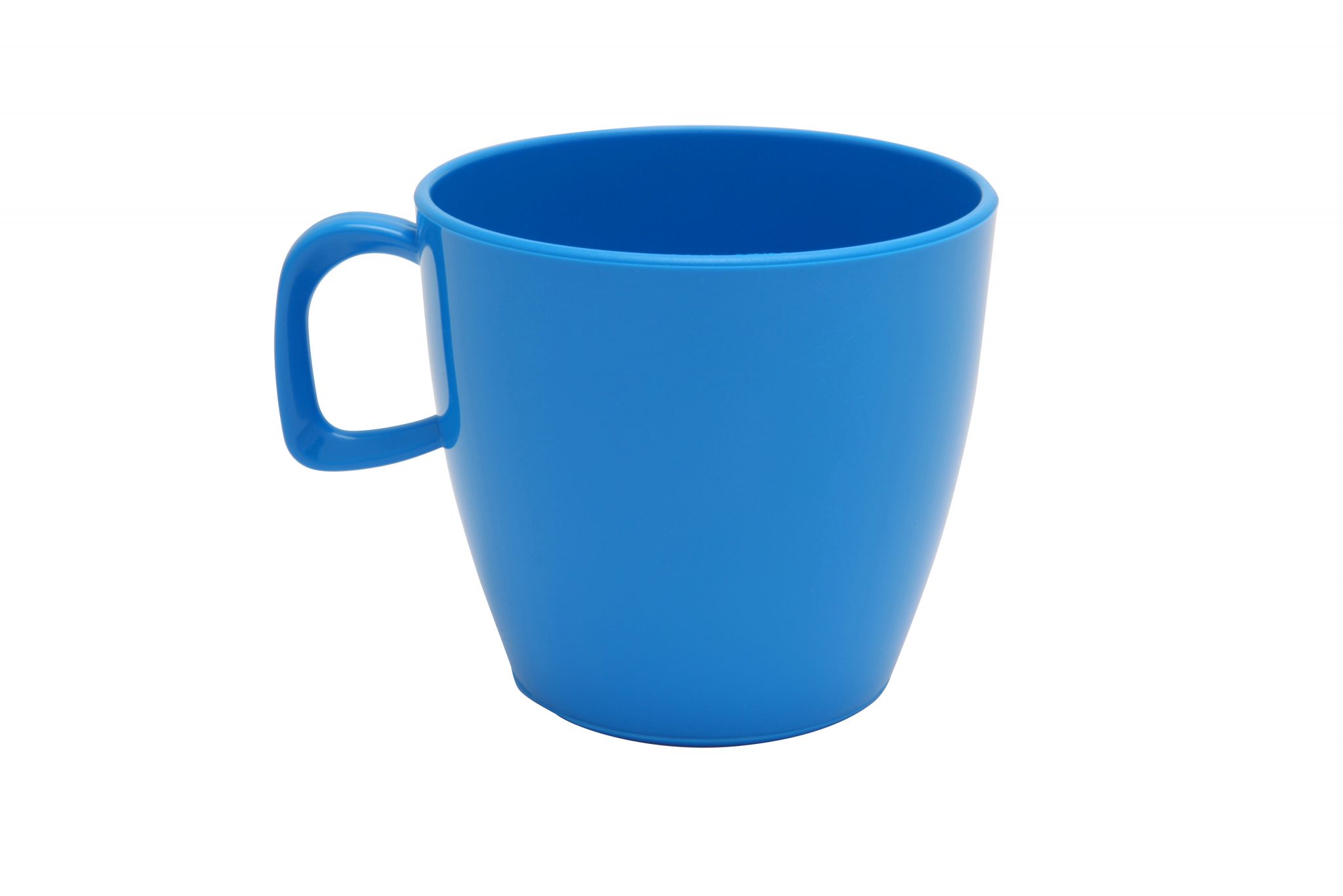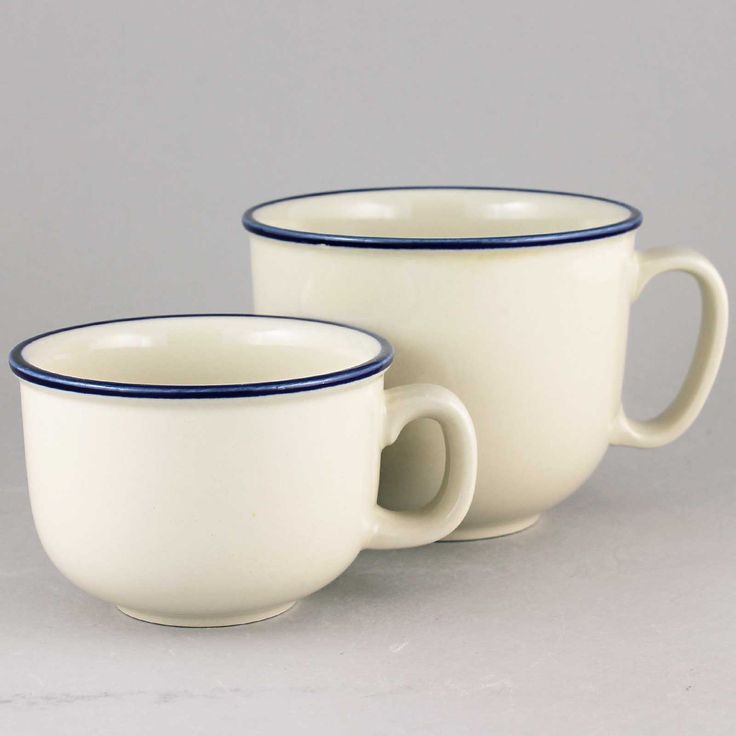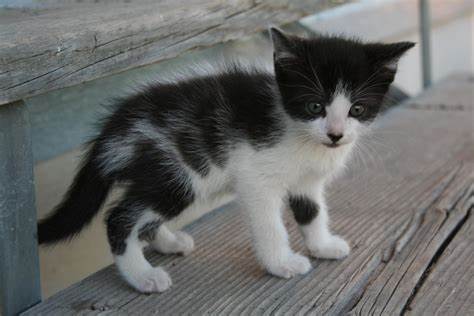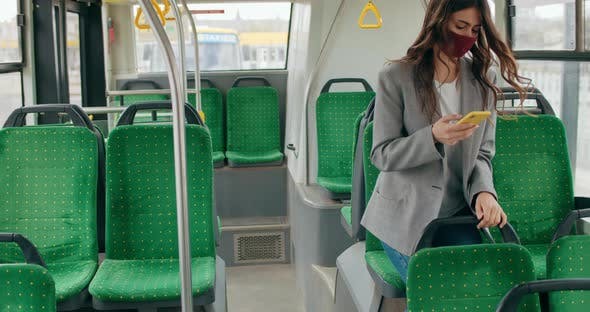Nǐ huì shuō Hànyǔ ma?
A:你 会 说 汉 语 吗?
A:Can you speak Chinese?
Wǒ huì shuō Hànyǔ
B:我 会 说 汉 语.
B:Yes, I can.
Nǐ māma huì shuō Hànyǔ ma?
A:你 妈 妈 会 说 汉 语 吗?
A:Can your mum speak Chinese?
Tā bú huì shuō
B:她 不 会 说.
B:No, she can't.
New Words
1. 会 huì mod. can, to be able to
2. 说 shuō verb. to speak, to say
3. 妈妈 māma noun. mother

